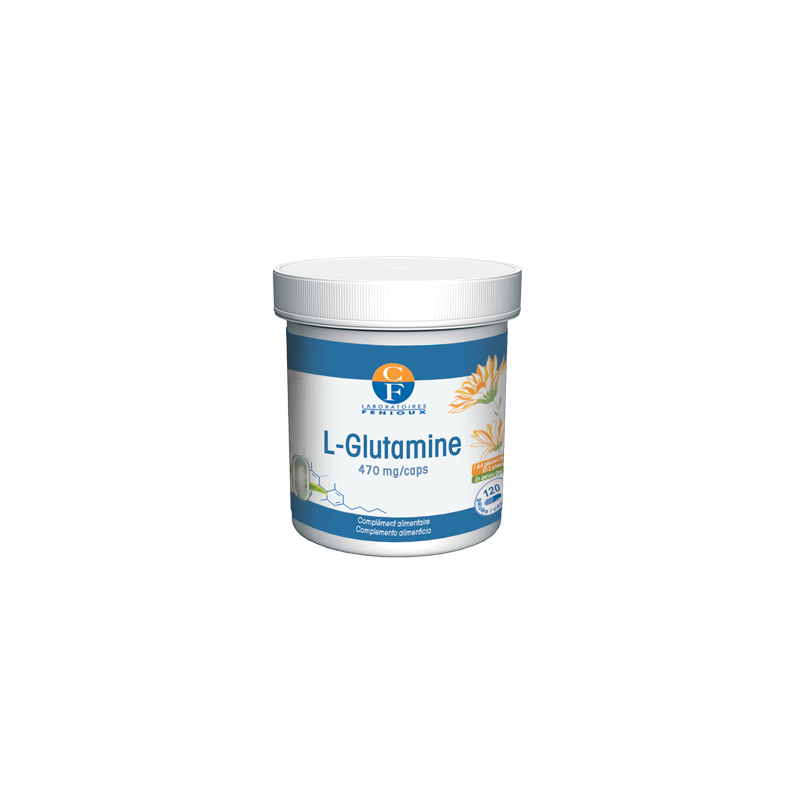

Theme Option
Theme |
Custome Color 1 |
Custome Color 2 |
Box-Layout |
Background Pattern |
Background color |
Body Background |
Body Background Color |
Body Background Pattern |
Title Font Family |
Title Color |
Theme |


L-glutamine is the most abundant amino acid in the body, making up 60% of the total amount of free amino acids in the body. It forms part of numerous proteins made by our body, in particular those found in muscles, immune cells and the intestinal mucosa. It accelerates healing of the intestinal mucosa and restores its permeability. It supports the intestinal immune system.
1. Description
L-glutamine is the most abundant amino acid in the body, making up 60% of the total amount of free amino acids in the body. It forms part of numerous proteins made by our body, in particular those found in muscles, immune cells and the intestinal mucosa. It accelerates healing of the intestinal mucosa and restores its permeability. It supports the intestinal immune system.
NUT code: AS348/286
Pot of 120 capsules
Box for 1 month
2. Directions for use
Take 1 to 4 capsules daily divided into 2 doses, between meals, with a large glass of water.
Do not exceed the indicated dose.
Store away from light, heat and humidity.
A dietary supplement should not replace a varied and balanced diet and a healthy lifestyle.
Keep out of reach of children.
3. Ingredients
L-glutamine, capsule (gelatin)
4. Nutritional information
4 capsules per day provide:
L-glutamine: 1.88 g
5. About
The intestinal flora constantly interacts with the intestinal immune system. The intestinal mucosa, covered with a very finely wrinkled membrane called a brush border, comprises different types of cells: enterocytes for the small intestine (the most numerous), colonocytes for the colon. The large number of immune cells (lymphocytes, plasma cells) are grouped together in Peyer's Patches.
The enterocytes are welded together by tight junctions that enable the intestinal mucosa to fulfil its crucial role as a barrier between the internal and external environments, allowing good nutrients (vitamins, minerals, amino acids, fatty acids, etc.) to pass through and preventing the penetration of potentially toxic substances: parasites, viruses, bacteria, incompletely digested food.
To rebalance the intestinal ecosystem, it is advisable to chew for as long as possible, rectify the diet by eating healthy, unpolluted foods of high nutritional density, correct the intestinal flora with prebiotics and probiotics, and restore the integrity of the mucous membrane of the small intestine with the L-glutamine.
La L-glutamine is also involved in many metabolic pathways. Its plays an important role in acid-base balance (maintaining the nitrogen balance of the body). It is also involved in glucose production. Like glucose, L-glutamine is one of the main sources of energy used for the rapid growth (3 to 5 days) of cells (intestinal cells, nerve cells, muscle tissue).
Specific References